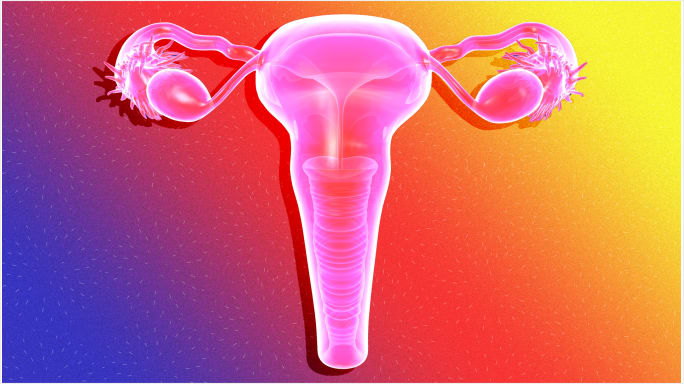The app that lets women with postpartum depression help themselves — & others
Now that there’s the possibility that postpartum depression may be considered a preexisting condition under the Republicans’ health care bill, it’s more important than ever to talk about this common — yet still stigmatized — women’s health issue. But a new app is trying to change that, providing — as well as collecting — information from those with the mental health condition.
Postpartum depression is not a small problem. It affects 1 in 8 women who have given birth, Dr. Samantha Meltzer-Brody, director of the perinatal psychiatry program at the University of North Carolina Center for Women’s Mood Disorders at UNC Chapel Hill and co-creator of the PPD Act app told SheKnows.
PPD is “one of the most common and devastating consequences of childbirth” according to Meltzer-Brody, yet still is something that’s infrequently discussed.
The PPD Act app gives women access to resources for dealing with the mental health condition, as well as the opportunity to take a clinically screened survey to evaluate their risk for PPD and receive feedback and a number score regarding the severity of their symptoms. In addition, users are given the option of participating in a large-scale study on PPD operated through the National Institute of Mental Health using a “spit kit,” which would provide DNA samples so researchers can study the genes of those impacted by PPD.
This is the first study of its kind and has been running for one year, although the app was only available to iPhone users in the United States. On April 27, the iOS version launched in Canada (there were 14,000 downloads in Canada that day alone) and the app became available to Android users in the U.S. There are also new modules in the American version, which helps researchers determine the financial burden and cost over time of having PPD.
According to Meltzer-Brody, one of the most important aspects of the app is its ability to empower women. For many, she said, it’s the first time they have had the chance to talk about having PPD.
And the app isn’t just for new moms. It is open to any women who have ever suffered from PPD in their lifetimes. So even if someone gave birth 30 years ago, they are still welcome — and encouraged — to use PPD Act.
Meltzer-Brody said that the team behind the app has received “some really poignant notes” from users describing their experiences, saying that any mother who has suffered from PPD is eager to try to prevent it from happening to anyone else.
“There’s a huge amount of altruism involved,” she added.
Because maternal mental health hasn’t been studied extensively, this app allows women to get screened, get resources, participate in the study and understand the economic burden it poses to families, Meltzer-Brody noted.
The long-term goal of the study is to have one of the largest (if not the largest) biobank of DNA samples available for genotyping, she said, that they “hope to use effectively and to impact policy.” Another important aspect is the app’s wide availability. It’s not something only accessible to people in urban areas. You just need a smartphone to participate.
For more information or to download the app for free, visit PactForTheCure.com.
Originally published on SheKnows




comments